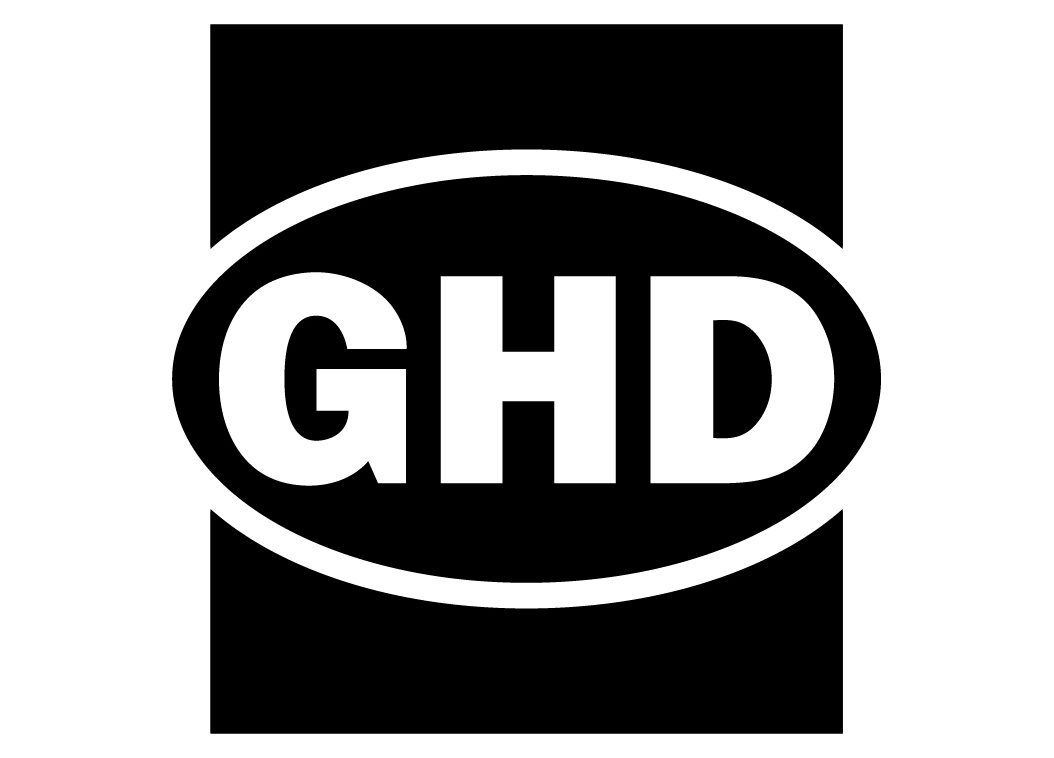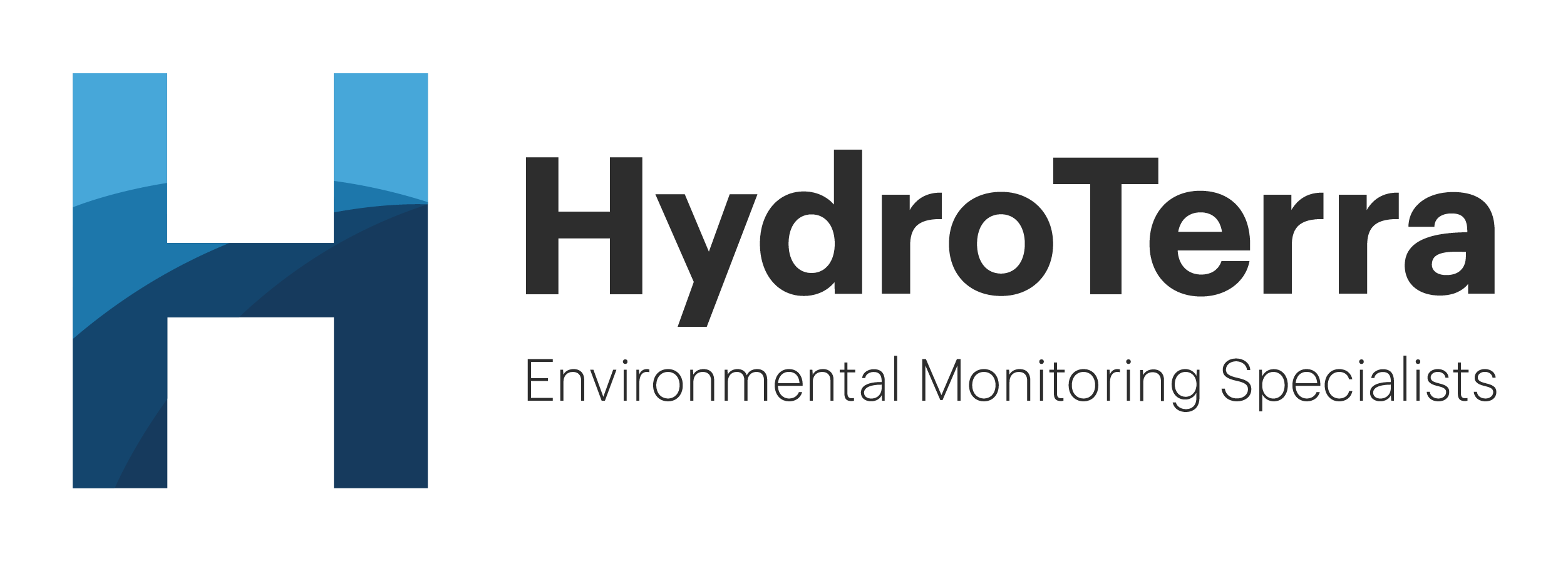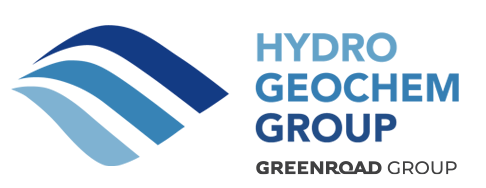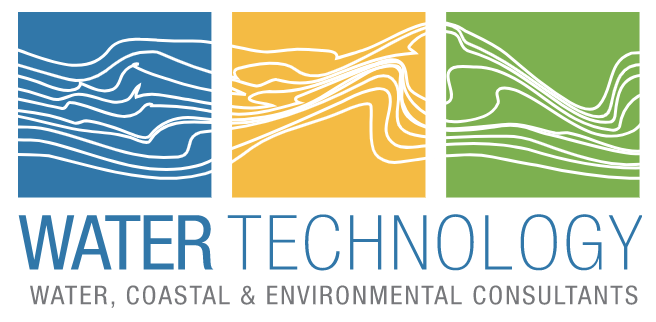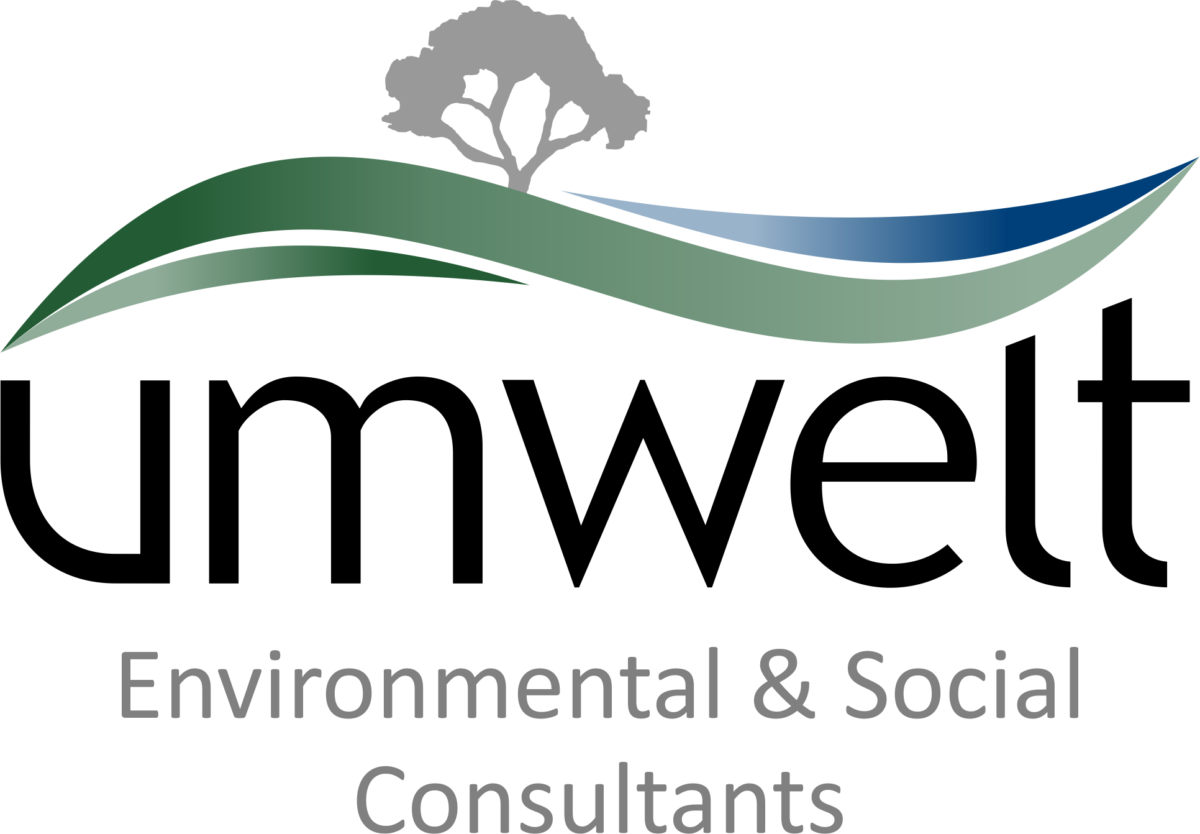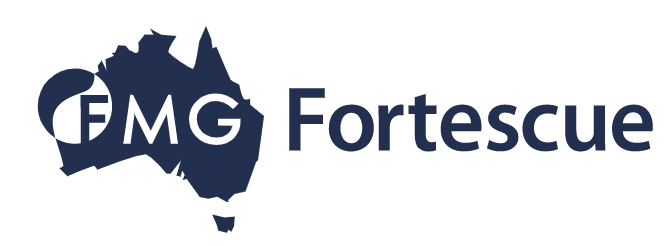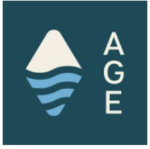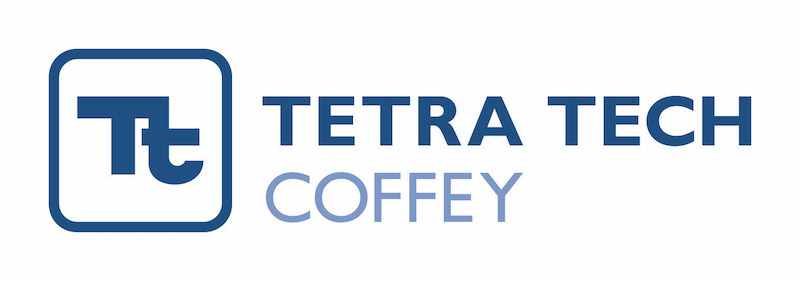REC – The Recharge Estimation Collaboration project. A multi-sensory, multi-method approach for diffuse recharge estimations over the Swan Coastal Plains.
Abstract
Regulatory agencies are often required to allocate groundwater extraction licenses in aquifers that are fully allocated and will be further stressed by predicted drier future climate. Agencies use numerical models to assist in licensing decisions; for these models, recharge is a key flux that can be highly uncertain and is often not entirely understood. From a quantitative perspective, recharge fluxes are largely driven by climatic inputs. However, recharge also depends on factors such as land use, soil type and the depth to water table. Understanding how transient changes in climate affect recharge fluxes, subject to these mediating factors, provides valuable information to constrain the numerical models used for groundwater allocation.
We designed a strategic field program to estimate recharge to groundwater across key land use/soil combinations over the Swan Coastal Plain around Perth in Western Australia. The monitoring campaign relies on multiple observation packages to derive variables and parameters used, independently or in combination, to understand recharge dynamics and to estimate recharge fluxes. Seven locations have been instrumented with soil sensing devices varying from permanent electromagnetic sensors for soil water content and soil water potential, to manually operated neutron moisture probes and electrical resistivity tomography transects. High-quality soil cores (by sonic drilling) were collected at these locations.
The analysis of combined data shows the dependency of the observed wetting fronts dynamics to vegetation types and densities, suggesting different local recharge mechanisms under transient systems. Thanks to the multi-sensor and multi/method approach used in this campaign, recharge estimates can be upscaled to the plot and field scale in an effort to reduce the uncertainty associated with one-dimensional recharge estimates.
Speaker: Simone Gelsinari
Simone is part of the recently constituted Centre for Water and Spatial Science. He has been working at UWA for the last 3 years as a research associate after completing a joint PhD project between Monash University and CSIRO Land & Water. With an international background in Hydraulic and Environmental Engineering (University of Pisa – Italy ), his experience spans hydrology, numerical modelling, field data collection, quantitative hydrology, remote sensing and model-data fusion techniques. He is passionate about water and its sustainable management in the natural and built environment
Please sign up via Eventbrite so we have an idea of numbers
The talk will also be streamed via Teams for those unable to attend in person. (link to follow)



